Back when we were only starting to figure out how to make the best of digital technology, Epitech approached the teaching of computer science and innovation like no other school before it. Even though that was more than 20 years ago, it was already obvious that technology advances at a fast pace, and that we had to keep up with it. Learning concepts in academic institutions only to apply them on the labor market years later when they are almost out of date makes no sense. The ability to apply theory to practice in familiar and unfamiliar situations should be the core of the teaching process, not something one has to learn after graduation.
Epitech answered the question “how to teach computer science in a way that knowledge and experience are accumulated at the same time?” But also to questions such as “How to prepare for change?” and even “How to bring about change for the good thanks to information technology?”
Project-based learning coupled with practical experience
The most adequate way of learning computer science, Epitech figured, is through the completion of projects, carefully planned to enable the gradual accumulation and interconnection of skills and knowledge. The direct application of knowledge solidifies it and allows a broader understanding of it. Together with this method, the three internship periods spread throughout Epitech’s five-year-course, lasting between 4 and 6 months each, allow students to confront themselves with the reality of the ICT sector and put their skills into perspective. The considerable advantage is having a CV fuller than average at the end of one’s education.
Spreading the model throughout Europe: Epitech International
After becoming the benchmark IT school in France, Epitech opened in 2017 a campus in Barcelona. The Brussels and Berlin campuses opened a year later. Since then, Epitech’s teaching model has established itself as an efficient way of generating a skilled workforce in the tech field throughout Europe and beyond. Therefore, its popularity amongst European recruiters has been rising steadily.
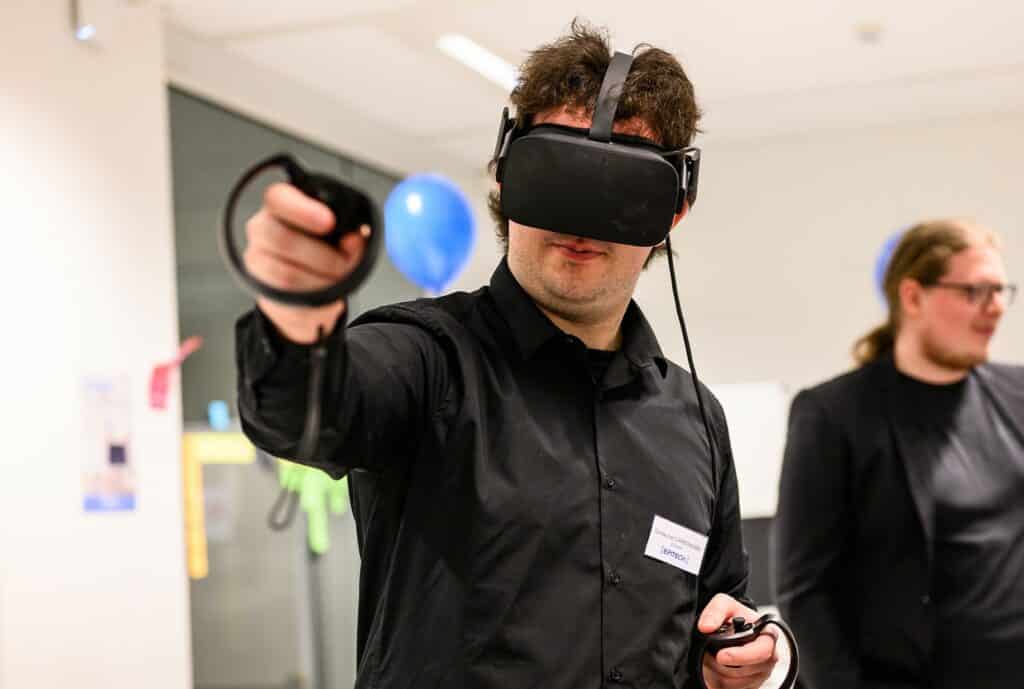
Be it as part of young innovative start-ups or more experienced, large-scale companies, Epitech students contributed to implementing IT infrastructures, helped standardize and implement new technologies, developed VR features, worked on large backend/API codebase from the inception towards a minimal working product and finally going live, business logic, 3rd party API integrations and database aspects, contributed to the development of UI apps… You name it, they did it! And the time spent working on projects in school served well their internship period, helping them complete their missions.
The job-readiness of Epitech students
Today, hard skills like blockchain, cloud computing, artificial intelligence, and scientific computing are the most rewarded and sought-after on the labor market. While the demand for these skills may vary according to technical advancements, innovations, and even trends, soft skills are highly valuable in the long run. For that reason, fresh Epitech graduates are particularly employable.
Cyprien de Barros, CEO of Altheria Solutions, a Belgian start-up working in the VR and AR industry, says about the Epitech students he collaborated with: “Epitech students are taught to be versatile and forward-thinkers, which means that they had little-to-no issues in dealing with new problems. They get the job done, no matter what. And if they cannot find the solution right away, they would look after it themselves.”
Hard skills lose consistency in the absence of soft skills like creativity, adaptability, collaboration, perseverance, inductive reasoning, ingeniousness, time management, the ability to ask the right questions, and a multidisciplinary approach to problem-solving. Therefore, the Epitech curriculum strives to develop all of these skill sets in a holistic approach to innovation in computer programming.
Even though Epitech was new to them, Belgian, Spanish, and German employers recognized immediately the value of Epitech intern’s contribution to their business. What stroke Albert Zaragoza – CTO and Head of engineering at Worldsensing – most was “their attitude towards solving real problems”.
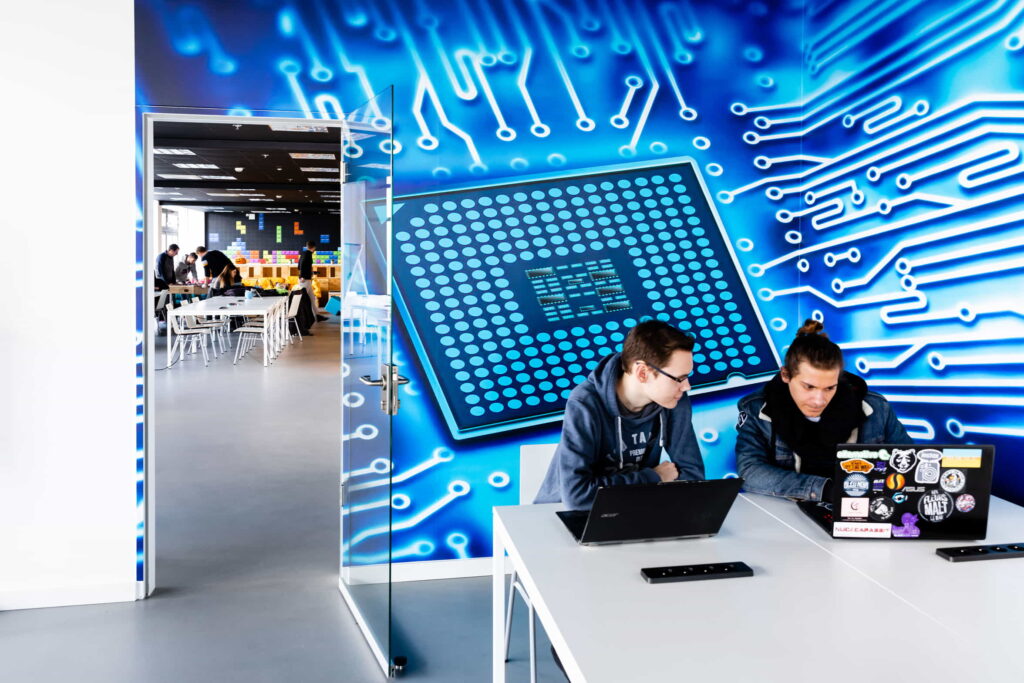
Julian Rymarowicz, developer at PEAT GmbH, an ag-tech startup in Berlin, appreciates Epitech students’ “open-mindedness, their versatility, and capacity to juggle with varying, mostly new, topics.”
Jesus Muñoz, Senior Software test engineer & Agile coach at Webfleet Solutions in Barcelona, noticed that “they are willing to learn, they are proactive and challenged to see how a company works.”
Matching Employers’ Needs
Keeping up with and anticipating the advancement of technology is any IT school’s raison d’être. Epitech’s constant contact with the professional world ensures a regular reality check. Therefore, Epitech students have more chances of meeting the needs of the labor market in the IT industry. As the private sector became the dominant player in the economy, generating more and more employment opportunities, paying attention to its requirements is key.
According to employers’ perceptions, academically-oriented graduates may lack awareness of the latest developments and applicability skills when compared with holders of professional qualifications. Employing an Epitech graduate, therefore, means a shorter training time and a swiftly ascending learning curve.
“They get a lot of practice, which I think is crucial to being a good engineer,” says Sebastien Marion founder & CEO of KASAZ, a real-estate portal based in Barcelona-Spain. Albert Zaragoza also acknowledges that “they have a hands-on approach to working in real projects that makes the onboarding process faster.”
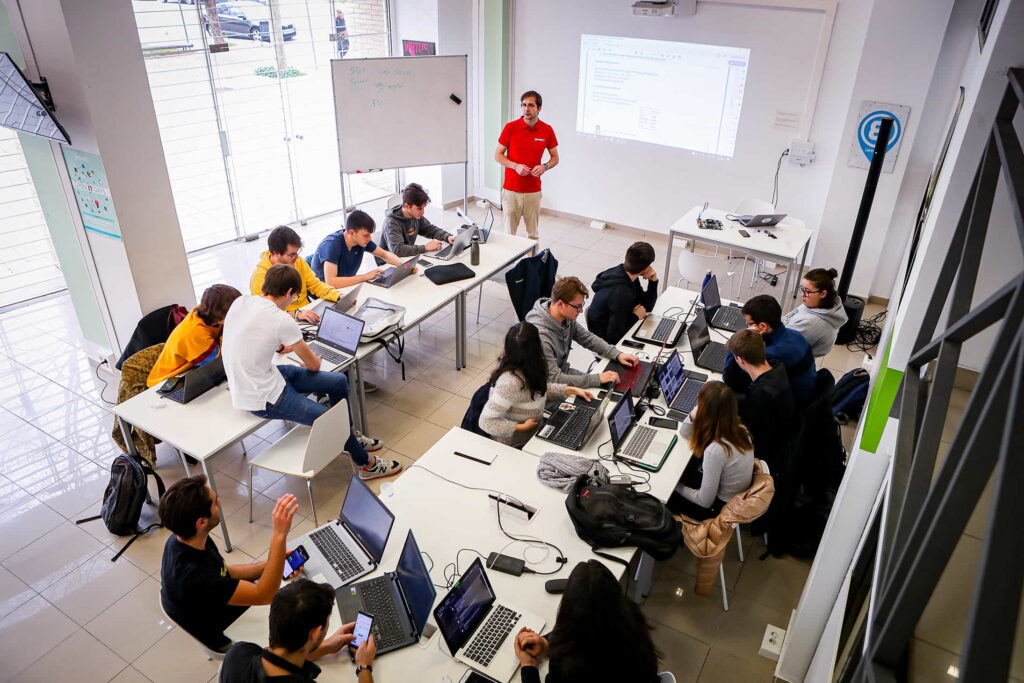
Not surprisingly, tech companies and start-ups put a heavy emphasis on versatility, on the capacity to learn and adapt, as nobody really know how to manage the dizzying speed of innovation. “Modern problems require modern solutions, and we believe that Epitech students have the contemporary mindset the tech industry requires them to have,” Cyprien de Barros affirms.
To our question “Would you hire an Epitech student at the end of his/her five-year course?” Albert Zaragoza readily answered: “Most probably, as they are prepared to contribute professionally to any company.” Enthusiastically, Cyprien de Barros affirms: “Definitely! As we figured out, the five-year course at Epitech really empowers students. We need more talents with an entrepreneurial mindset who can overcome almost any issue by putting their effort into learning and hard work.”

